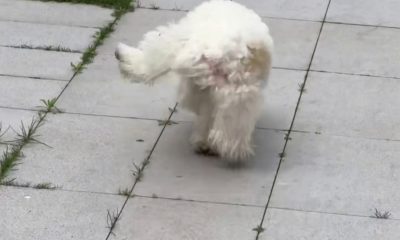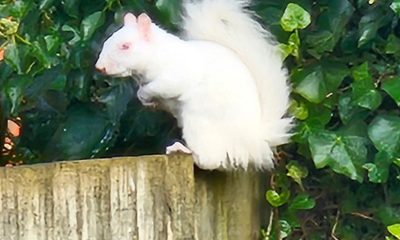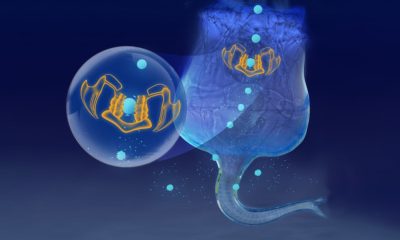By Pol Allingham via SWNS
Lab-grown mini-organs could become the new vaccine “test bunnies,” according to a new study.
New treatments and vaccines are almost always tested on animals, despite commonly taking years and raising ethical and welfare concerns.
To speed up vaccine development and get rid of some of the animals, American Chemical Society scientists created miniature “organoids.”
Hundreds of immune cell organoids can be constructed from the spleen of a single animal, stimulating the body.
Researchers said: “The traditional way of testing vaccines involves injecting them into animals and waiting weeks or months for the result.
“And when developing a whole new class of vaccine or focusing on a new target, scientists often need to evaluate many vaccine candidates, requiring numerous animal studies.
“To speed up the process and address ethical concerns, researchers have begun exploring the use of organoids, which are small groups of cells that act like miniaturized organs, creating a simulated environment that reflects in vivo conditions.”
Vaccines introduce a small quantity of an antigen - either part or all of a virus or bacterium - allowing the body to prepare itself for future exposure.
Defenses are built by programming key immune system components, B cells, to make antibodies for the antigen.
Scientists inject the vaccine into animals and wait weeks or months for the result.
To set up the alternative organoid method, researchers isolated B cells from mouse spleens, added cellular signaling molecules and structural components before encapsulating everything in a synthetic hydrogel matrix.
Candidate vaccines for “rabbit fever,” or tularaemia, for which an approved vaccine does not yet exist, were tested in traditional mouse-trials and the new organoid method.
B cells responded similarly in both formats.
Moreover, the comparison revealed how biochemistry changes as a cell matures to produce antibodies.
As a result, the team believes lab-grown organs could be used to identify B cell clones which provide a highly specific antibody to defend against certain antibodies.
Though preliminary, the researchers in ACS Central Science believe the organoid platform could reduce the time it takes for new vaccines to be developed and evaluated.

 Animals2 days ago
Animals2 days ago
 Health6 days ago
Health6 days ago
 Wildlife5 days ago
Wildlife5 days ago
 Lifestyle1 week ago
Lifestyle1 week ago
 Good News6 days ago
Good News6 days ago
 Entertainment3 days ago
Entertainment3 days ago
 Broadcast2 days ago
Broadcast2 days ago
 Animals2 days ago
Animals2 days ago


















